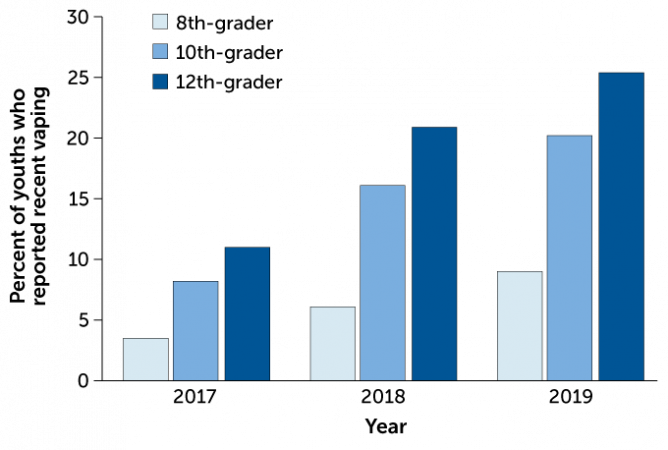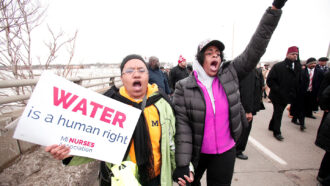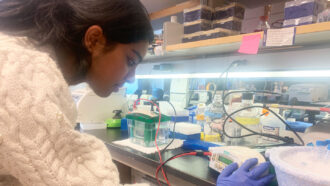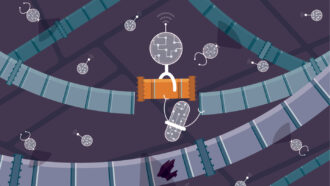addicted Unable to control the use of a habit-forming drug or to forego an unhealthy habit (such as video game playing or phone texting). It results from an illness triggered by brain changes that occur after using some drugs or engaging in some extremely pleasurable activities. People with an addiction will feel a compelling need to engage in some behavior, such as using a drug (which can be alcohol, the nicotine in tobacco, a prescription drug or an illegal chemical such as cocaine or heroin) — even when the user knows that doing so risks severe health or legal consequences.
annual Adjective for something that happens every year. (in botany) A plant that lives only one year, so it usually has a showy flower and produces many seeds.
behavior The way something, often a person or other organism, acts towards others, or conducts itself.
Centers for Disease Control and Prevention, or CDC An agency of the U.S. Department of Health and Human Services, CDC is charged with protecting public health and safety by working to control and prevent disease, injury and disabilities. It does this by investigating disease outbreaks, tracking exposures by Americans to infections and toxic chemicals, and regularly surveying diet and other habits among a representative cross-section of all Americans.
control A part of an experiment where there is no change from normal conditions.
e-cigarette (short for electronic cigarette) Battery-powered device that disperses nicotine and other chemicals as tiny airborne particles that users can inhale. They were originally developed as a safer alternative to cigarettes that users could use as they tried to slowly break their addiction to the nicotine in tobacco products. These devices heat up a flavored liquid until it evaporates, producing vapors. People use these devices are known as vapers.
nicotine A colorless, oily chemical produced in tobacco and certain other plants. It creates the “buzz” associated with smoking. Highly addictive, nicotine is the substance that makes it hard for smokers to give up their use of cigarettes. The chemical is also a poison, sometimes used as a pesticide to kill insects and even some invasive snakes or frogs.
outbreak The sudden emergence of disease in a population of people or animals. The term may also be applied to the sudden emergence of devastating natural phenomena, such as earthquakes or tornadoes.
pediatrician A doctor who works in the field of medicine that has to do with children and especially child health.
social (adj.) Relating to gatherings of people; a term for animals (or people) that prefer to exist in groups. (noun) A gathering of people, for instance those who belong to a club or other organization, for the purpose of enjoying each other’s company.
survey To view, examine, measure or evaluate something, often land or broad aspects of a landscape. (with people) To ask questions that glean data on the opinions, practices (such as dining or sleeping habits), knowledge or skills of a broad range of people. Researchers select the number and types of people questioned in hopes that the answers these individuals give will be representative of others who are their age, belong to the same ethnic group or live in the same region. (n.) The list of questions that will be offered to glean those data.
tween A child just approaching his or her teenage years. Tween is a term usually used for 11- to 12-years olds.
vaping (v. to vape) A slang term for the use of e-cigarettes because these devices emit vapor, not smoke. People who do this are referred to as vapers.
vaporize To convert from a liquid to a gas (or vapor) through the application of heat.









